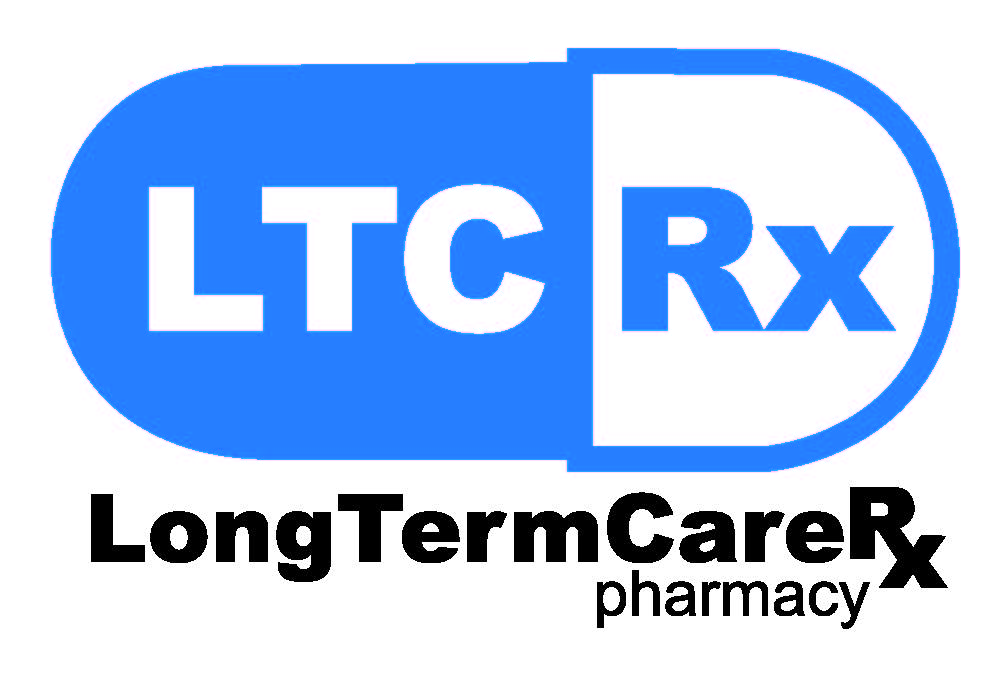Medical technology continues to advance at an alarming rate. We now have access to sophisticated treatment options that previous generations could only dream of. One such treatment option is the ever-growing field of biologic products (biologics), and their “generic” cousins, biosimilars.
So, what is a biologic? It’s typically defined as medication that is derived using living organisms, ranging from humans to yeast to bacteria. This is different from more traditional medicines, which are chemically synthesized in a lab. Traditional brand name medicines generally have a formula that can be followed to produce standard results. Generic medications follow that same formula to produce a cheaper alternative to the branded medication that contains the exact same active ingredient.
Living organisms are highly variable. No living organism is an identical copy of another. So how does one make an exact copy of a medication derived from a living thing? Well, the answer is that you can’t do it. That’s where biosimilars come in.
A biosimilar is not a duplicate, but rather a new product that is highly similar to an already existing biologic product. The FDA has a special, abbreviated approval pathway for biosimilars that must prove that no clinically meaningful differences between the original product and the biosimilar in regard to safety, purity, or potency exist. The biosimilar must have the same mechanism of action, route of administration, dosage form, and strength of the original product.
Unlike generic medications which can be substituted for brand name medications, not all biosimilars are considered interchangeable. There are additional specifications that a biosimilar must meet before the FDA will approve it as an interchangeable product. For example, if a prescriber writes an order for Levaquin, the pharmacy will automatically fill the order with levofloxacin unless the order specifies “brand name only.” If the prescriber writes for the biologic product Neupogen, the pharmacy will either have to fill the order with Neupogen, or request a new prescription for the cheaper biosimilar Zarxio.
So what does this mean for the long term care industry? As medications become more and more complex (as well as the more complex regulatory approval process), it’s important to be aware of treatment options that are available. Typically, biologic products are costly. Biosimilars are also costly, but generally are cheaper than their “parent” biologics. As more and more drug companies produce their biosimilars, economic principles dictate that prices will decrease across the board for these pricey biologic products meaning cheaper access to these medications for everyone.
The expanding field of biologic medicine can be difficult to navigate alone. If you have any questions regarding these game-changing drugs, reach out to your pharmacy to help try and clarify the murky waters.
Thanks for reading.
Drew Curtis, PharmD

